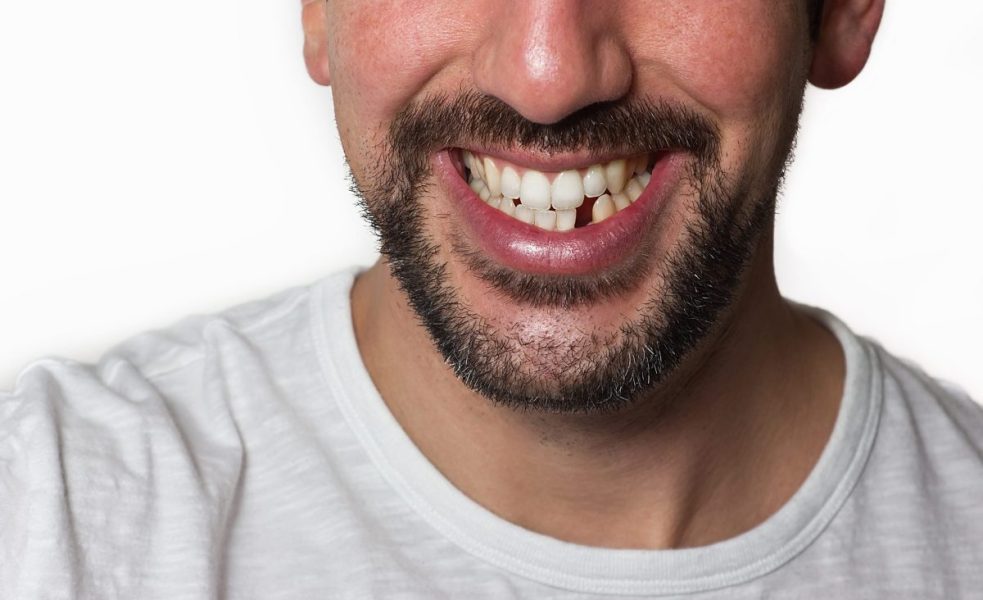- Tooth loss can lead to many health concerns, from bone loss to cardiovascular disease.
- When you lose a tooth, bones that support the teeth weaken and dissolve.
- Steps to prevent tooth loss can be taken, such as practicing good oral hygiene and visiting your dentist regularly.
- Bone loss due to missing teeth can change the shape of your face and lead to a sunken appearance.
- Gum disease is often a result of tooth loss caused by the buildup of plaque and bacteria.
Tooth loss doesn’t just affect your appearance but can also significantly impact your overall health. Losing one or more teeth can lead to many health concerns, from bone loss to cardiovascular disease. In 2020, about 178 million Americans had lost at least one tooth, making it a significant issue in the US.
When you lose a tooth, it not only affects your smile but can also cause changes to your entire facial structure. The bones that support the teeth start to weaken and dissolve due to a lack of stimulation from chewing. As this happens, the shape of your face can change, making you look much older than you are.
The good news is that there are steps you can take to prevent tooth loss and maintain your overall health.
Bone Loss
Losing a tooth can cause the bone in your jaw that once held the tooth to break down and weaken. Over time, this can lead to significant bone loss, making it much more difficult to replace the missing tooth with a dental implant or other restoration. In addition to making replacing the lost tooth more difficult, bone loss can also change the shape of your face, leading to a sunken appearance.
Gum Disease

Tooth loss is often a result of gum disease, a common condition caused by plaque buildup and bacteria on your teeth and gums. When left untreated, gum disease can cause inflammation and infection in your gums, which can eventually cause your teeth to become loose and fall out.
Cardiovascular Disease
Studies have shown that there may be a link between gum disease and cardiovascular disease. The bacteria that cause gum disease can enter your bloodstream, leading to inflammation in your blood vessels and an increased risk of heart disease and stroke.
Nutritional Deficiencies
When you have missing teeth, eating certain types of food, such as fruits and vegetables, can be difficult. This can lead to nutritional deficiencies, seriously impacting your overall health. For example, a lack of vitamin C can weaken your immune system, while a lack of calcium can lead to weak bones and osteoporosis.
Managing Tooth Loss
Tooth loss can be a challenging experience, and it can cause various problems with speaking, eating, and overall oral health. While different reasons can lead to tooth loss, several ways exist to manage it and achieve optimal health.
Brush and floss regularly
Oral hygiene is critical when it comes to managing tooth loss. Brush and floss regularly to prevent the buildup of plaque and bacteria, which can lead to gum disease and further tooth loss. Use a soft-bristled brush and fluoride toothpaste to clean your teeth gently, and floss once daily.
Opt for Tooth Replacement Solutions
Once a tooth is lost, getting a replacement is essential as soon as possible. These solutions can restore your smile and improve your overall quality of life, from dentures to dental implants. When choosing a tooth replacement solution, it is essential to consider factors such as durability, comfort, and cost.
Whether you opt for removable dentures or a permanent dental implant, you can rest assured that these solutions will help you feel more confident and improve your ability to chew and speak properly.
Choose the right foods

Eating the right foods can also contribute to optimal oral health after tooth loss. Avoid sugary and sticky foods that can get stuck in your teeth and cause decay. Opt for foods high in vitamins and minerals, such as calcium, vitamin D, and phosphorus, which can help build and maintain strong teeth and bones.
Schedule regular dental checkups
To manage tooth loss, it’s advisable to schedule regular dental checkups with your dentist. Your dentist can assess your oral health, identify any problems, and offer treatment options such as fillings, root canals, or extractions if required. Regular checkups can help prevent further tooth loss and keep your mouth healthy.
Final Thoughts
Tooth loss is more than just a cosmetic concern. It can lead to many health issues, from bone loss to cardiovascular disease. The good news is that you can prevent tooth loss, such as practicing good oral hygiene and visiting your dentist regularly. Remember, caring for your teeth and gums isn’t just about looking good – it’s about staying healthy and living your best life.



